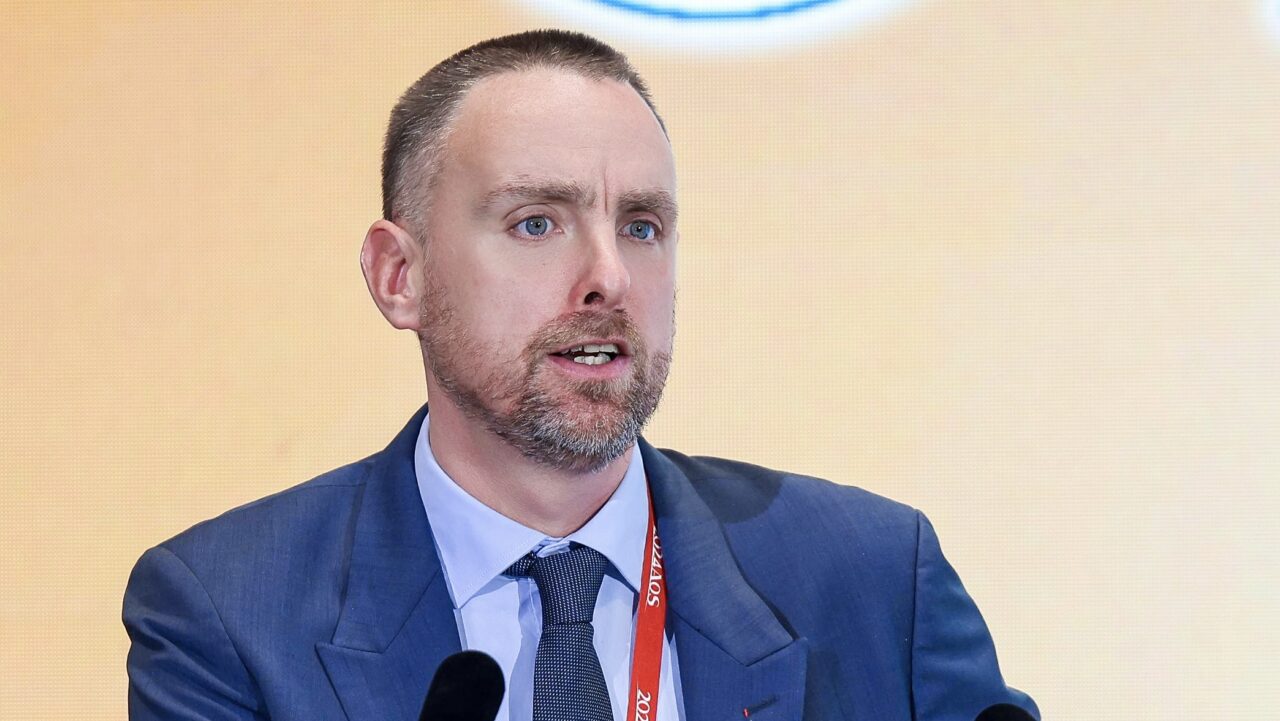
Denis Horgan: EU Faces Crucial Turning Point in Healthcare Innovation
Denis Horgan, Chair of ICGC ARGO Independent Advisory Committee at International Cancer Genome Consortium, shared a post on LinkedIn:
“EU Faces Crucial Turning Point in Healthcare Innovation: A Pendulum That Needs Direction
Brussels, January 31, 2025: The European Union is at a pivotal moment in healthcare innovation, as highlighted in the European Commission’s recent communication issued on January 29, 2025. The Commission calls for sustainable systems to address an aging population and rising demand for innovative treatments. However, integrating personalized medicine—particularly for smaller patient groups—remains challenging due to high costs and the need to balance cost, volume, and reimbursement.
The communication emphasizes fostering innovation while ensuring affordability and accessibility. Personalized medicine, with its focus on precision and smaller cohorts, often faces pushback due to high development costs. This is framed by the “three-way pendulum” of healthcare innovation, balancing cost, volume, and payer willingness.
– The Power of Early Detection and Diagnosis: Early detection and diagnosis are key to unlocking personalized medicine’s potential, improving outcomes, and reducing long-term costs. In Sweden and Finland, national screening programs for colorectal cancer and cardiovascular conditions show how early intervention can lead to more effective, less costly treatments. Similarly, early diagnosis of hepatitis C prevents costly complications like liver cirrhosis and cancer, saving healthcare systems money.
– Advances in genomic testing and biomarker identification enable earlier, more accurate diagnoses for conditions like rare genetic disorders and complex cancers. For example, early genetic screening for hereditary breast and ovarian cancer allows preventive measures, reducing the need for expensive treatments later.
– A Call for Strategic Policy Shifts: The European Alliance for Personalised Medicine (EAPM) urges a policy shift to integrate personalized medicine into EU healthcare systems. The Commission’s communication is a starting point for rethinking financing and resource allocation, particularly for high-value, low-volume treatments.
– Leveraging Technology for Smarter Healthcare: Digital health technologies, such as electronic health records and AI-driven diagnostics, optimize resource allocation and improve efficiency. A unified EU health data space could support research and development by enabling cross-border data sharing.
– Ensuring Equitable Access: EAPM advocates for equitable access to personalized treatments, regardless of socioeconomic status or location. This includes EU-wide guidelines for innovative therapies and value-based pricing models to ensure affordability.
Conclusion: The EU must move beyond a cost-centric approach, prioritizing early detection and diagnosis, leveraging technology, and smarter resource allocation. Personalized medicine represents the future of healthcare.”
-
ESMO 2024 Congress
September 13-17, 2024
-
ASCO Annual Meeting
May 30 - June 4, 2024
-
Yvonne Award 2024
May 31, 2024
-
OncoThon 2024, Online
Feb. 15, 2024
-
Global Summit on War & Cancer 2023, Online
Dec. 14-16, 2023
